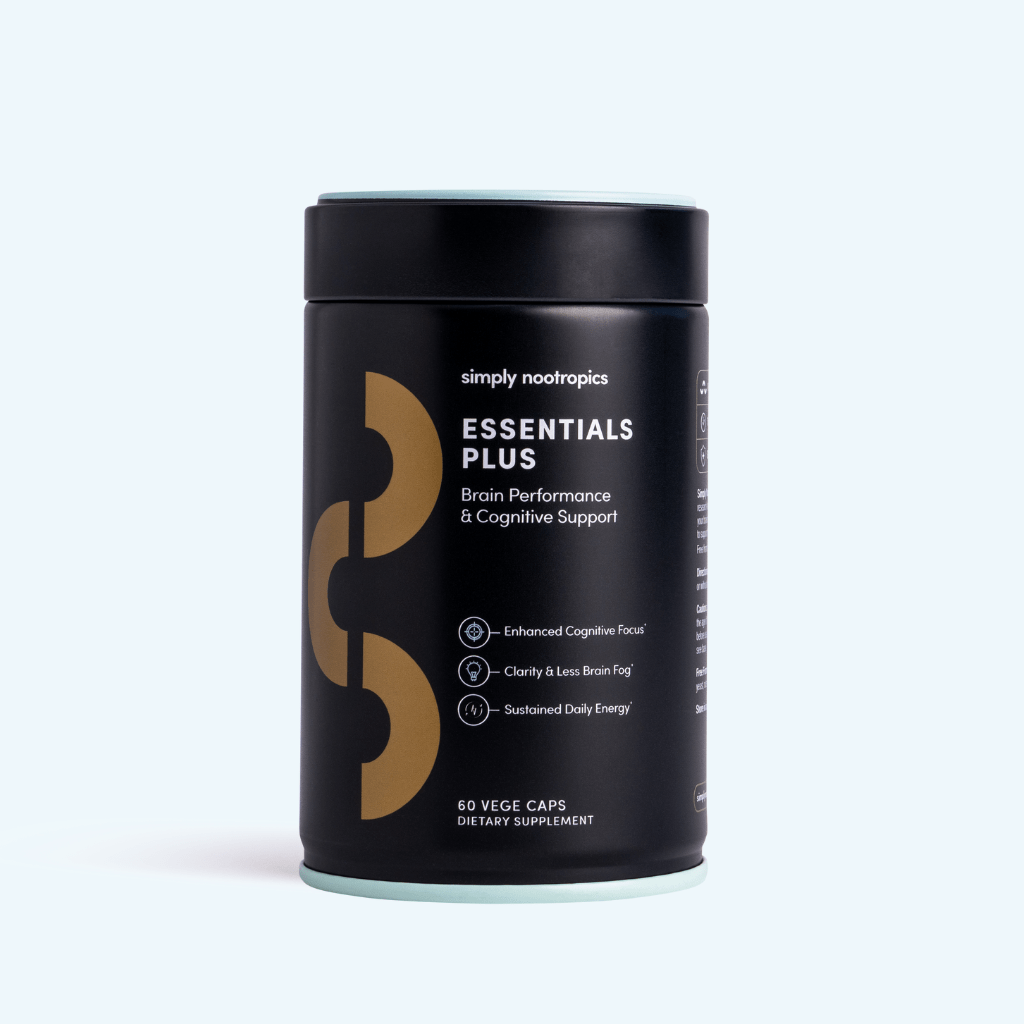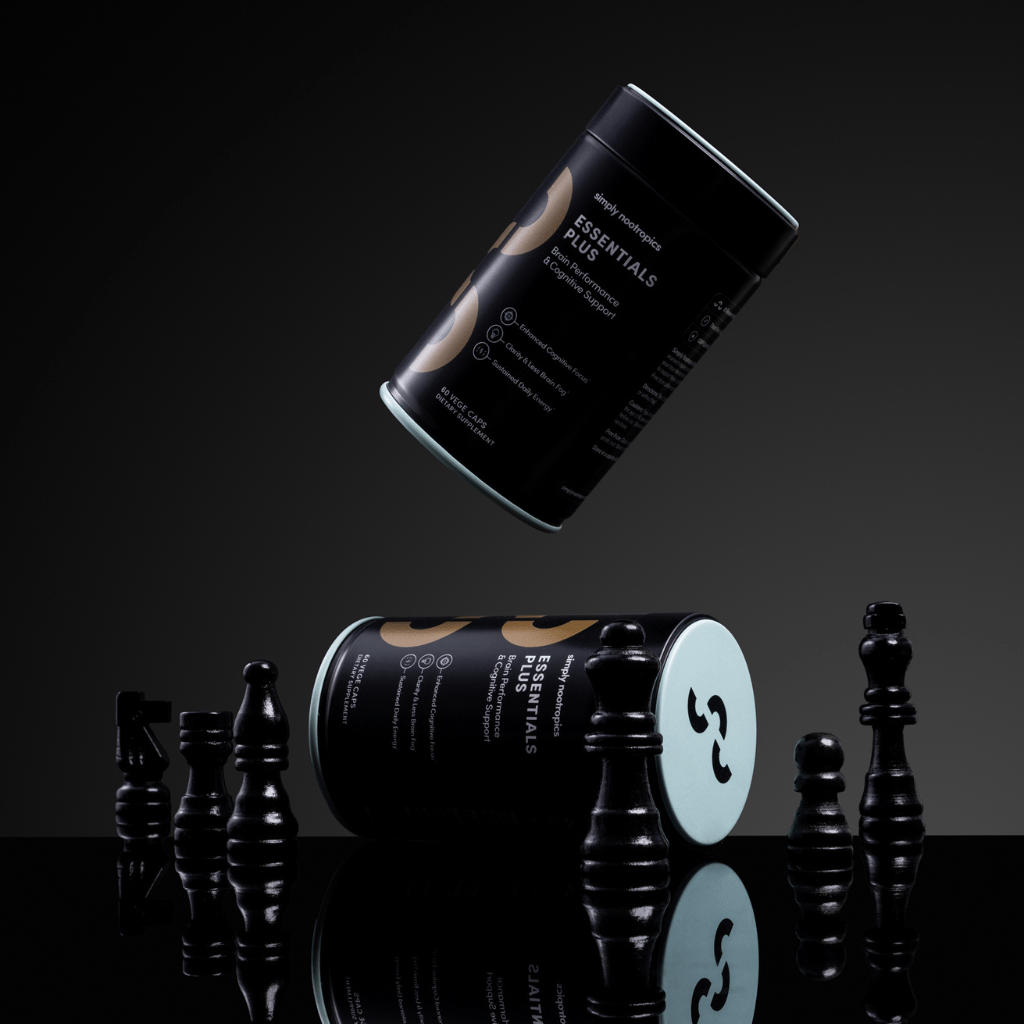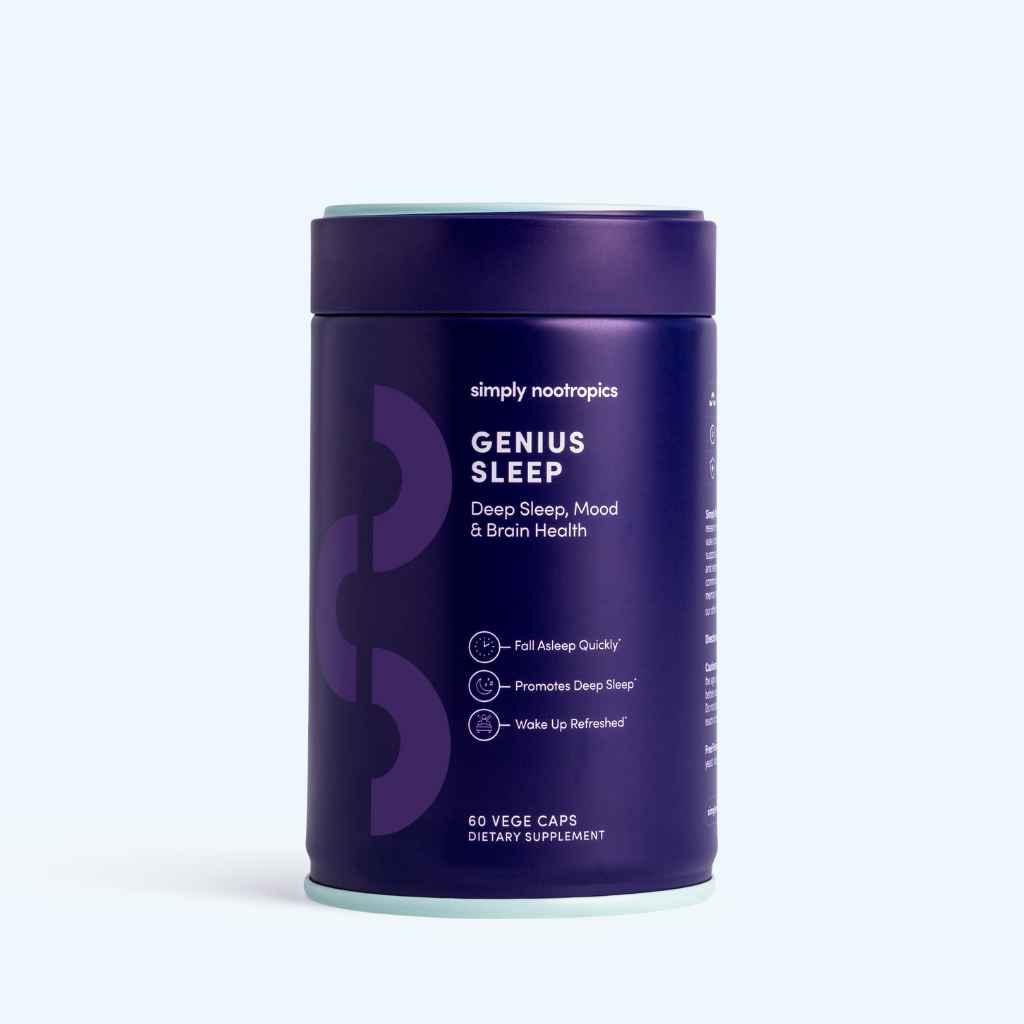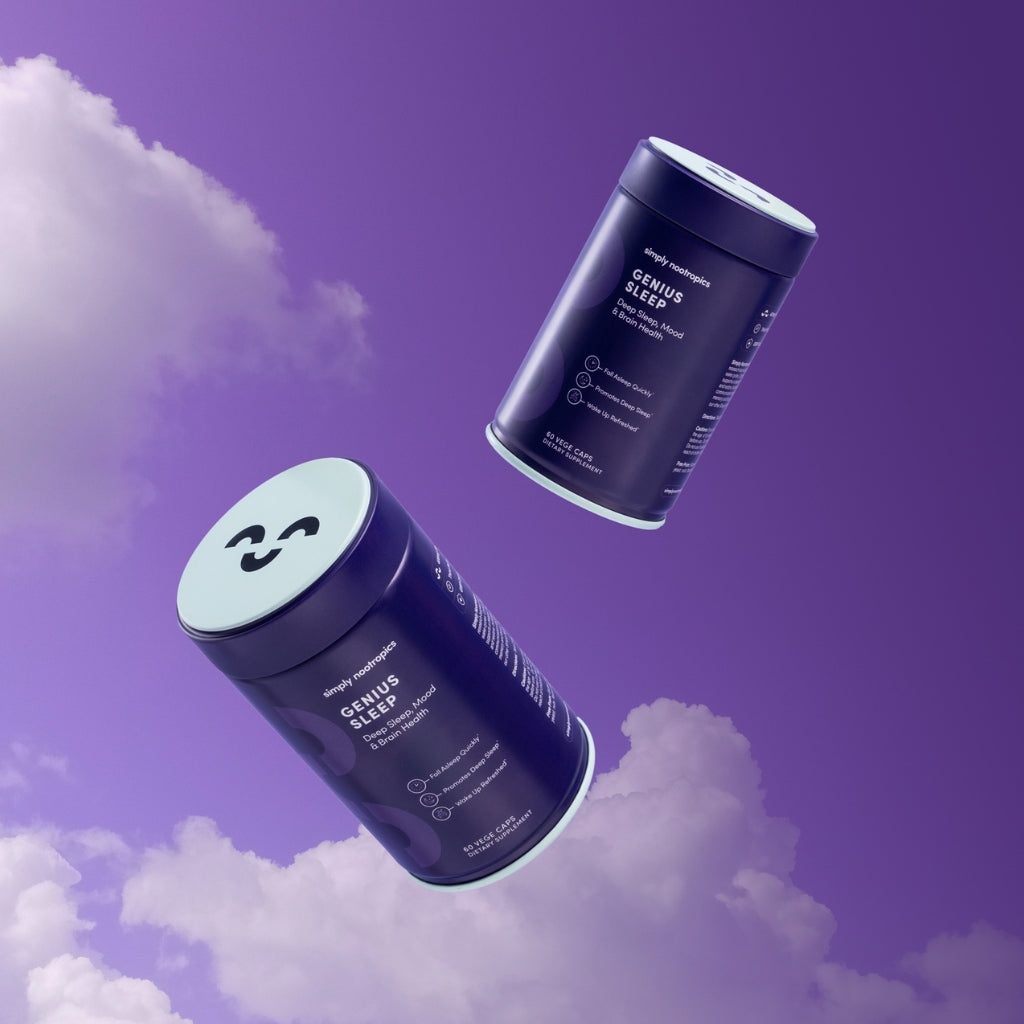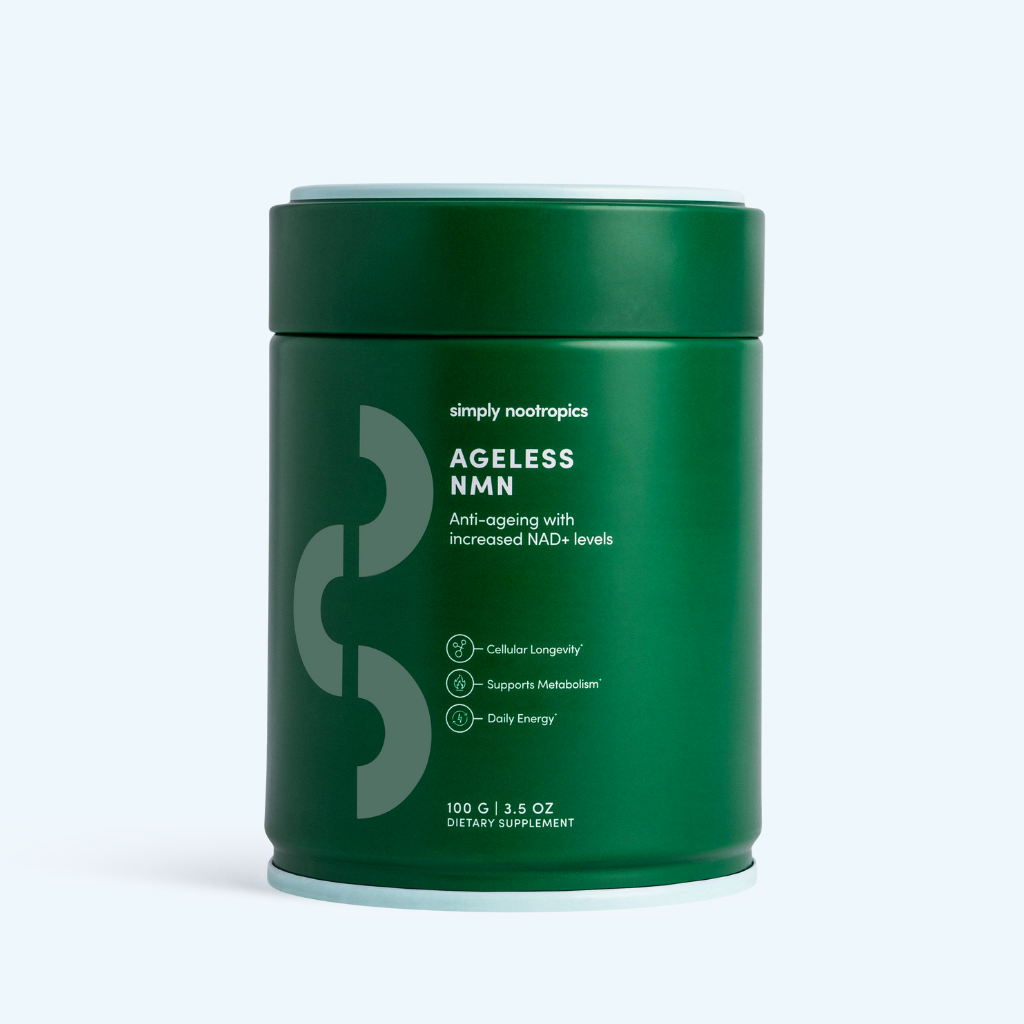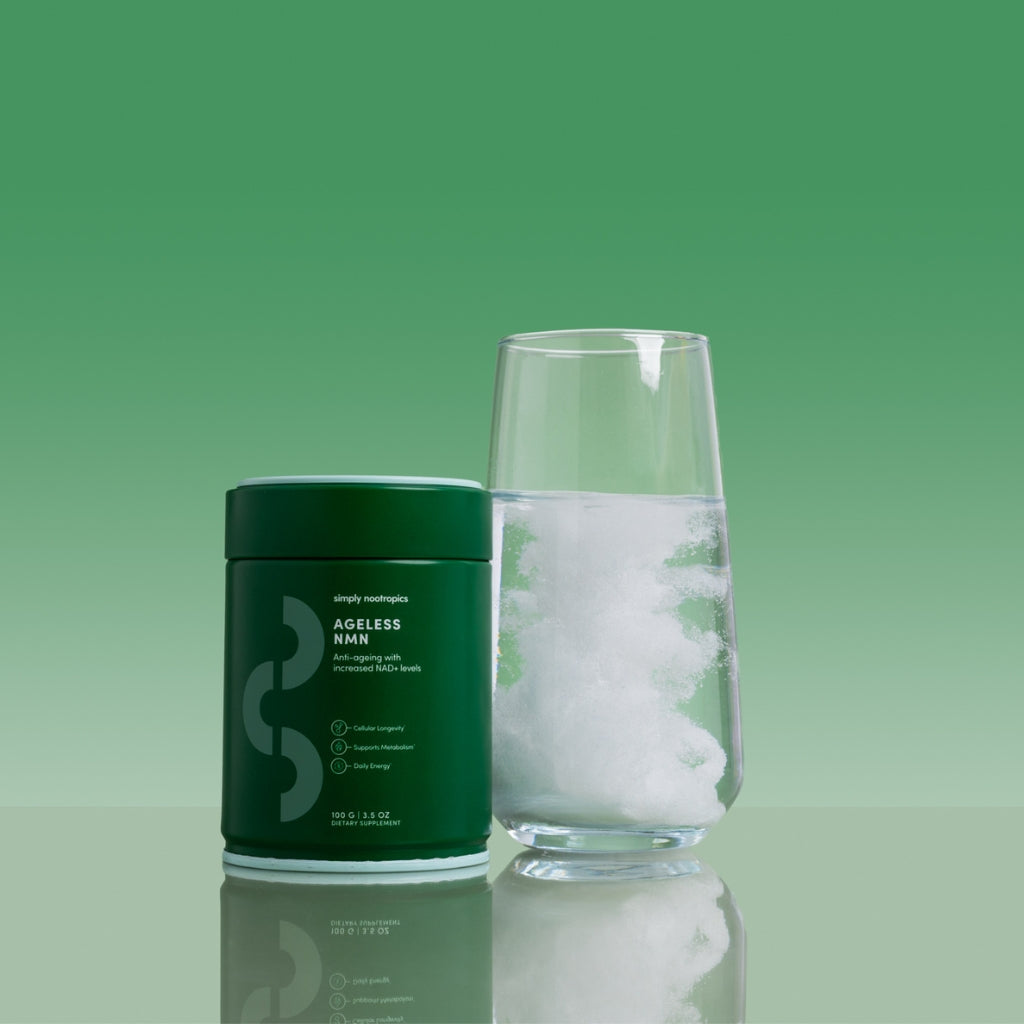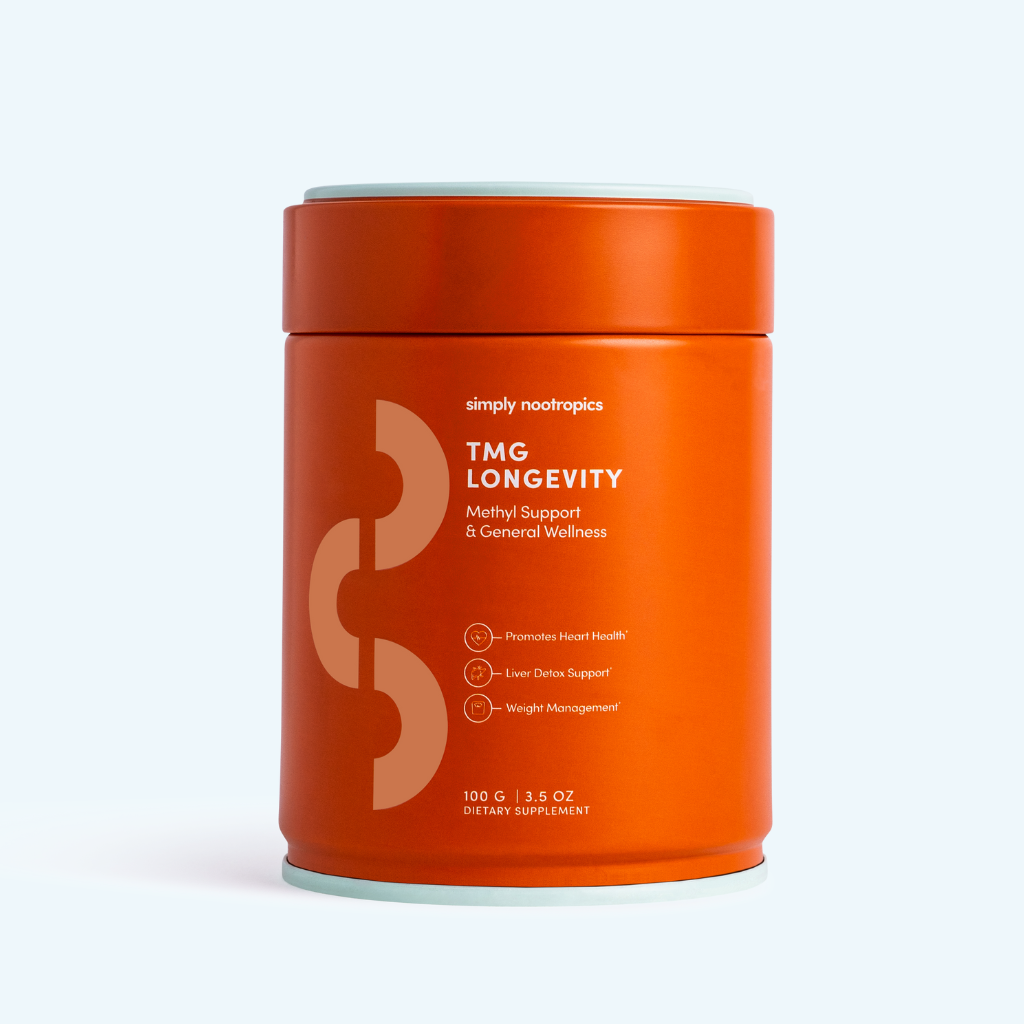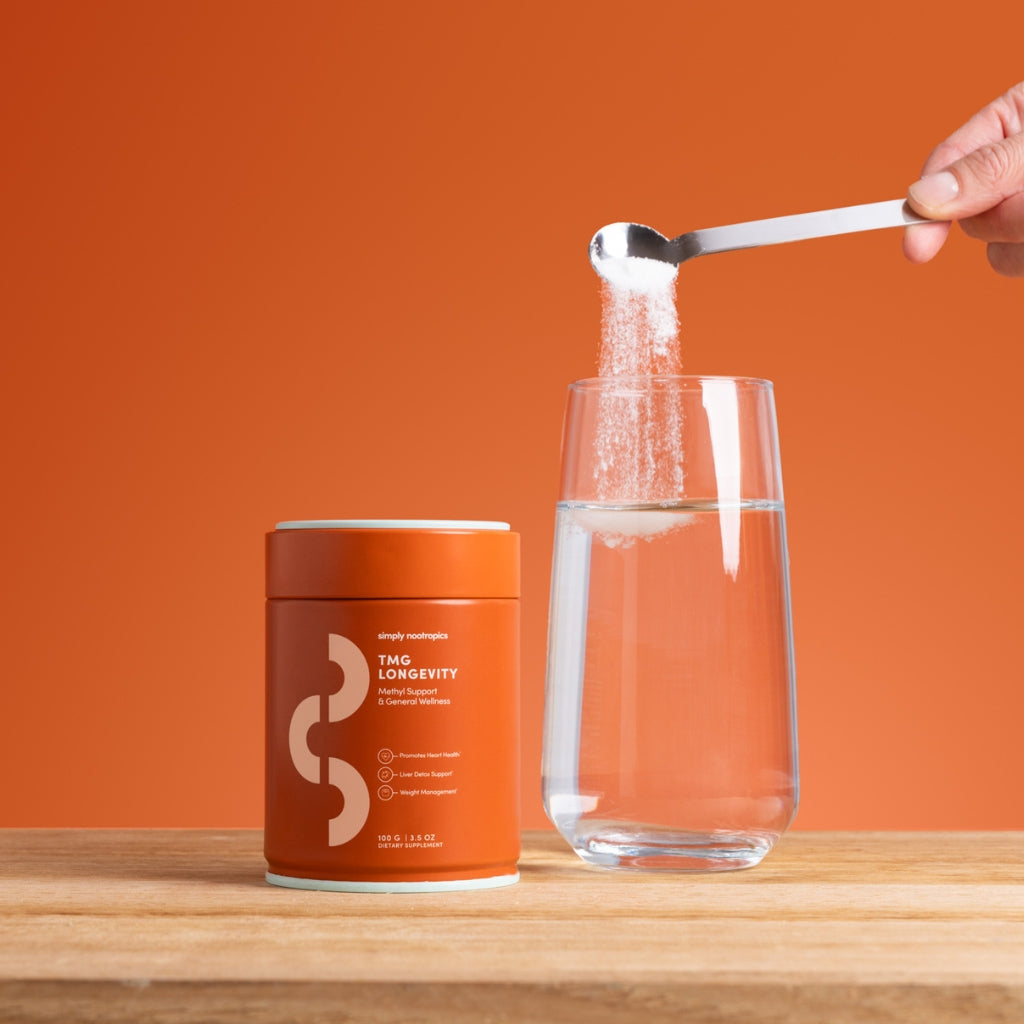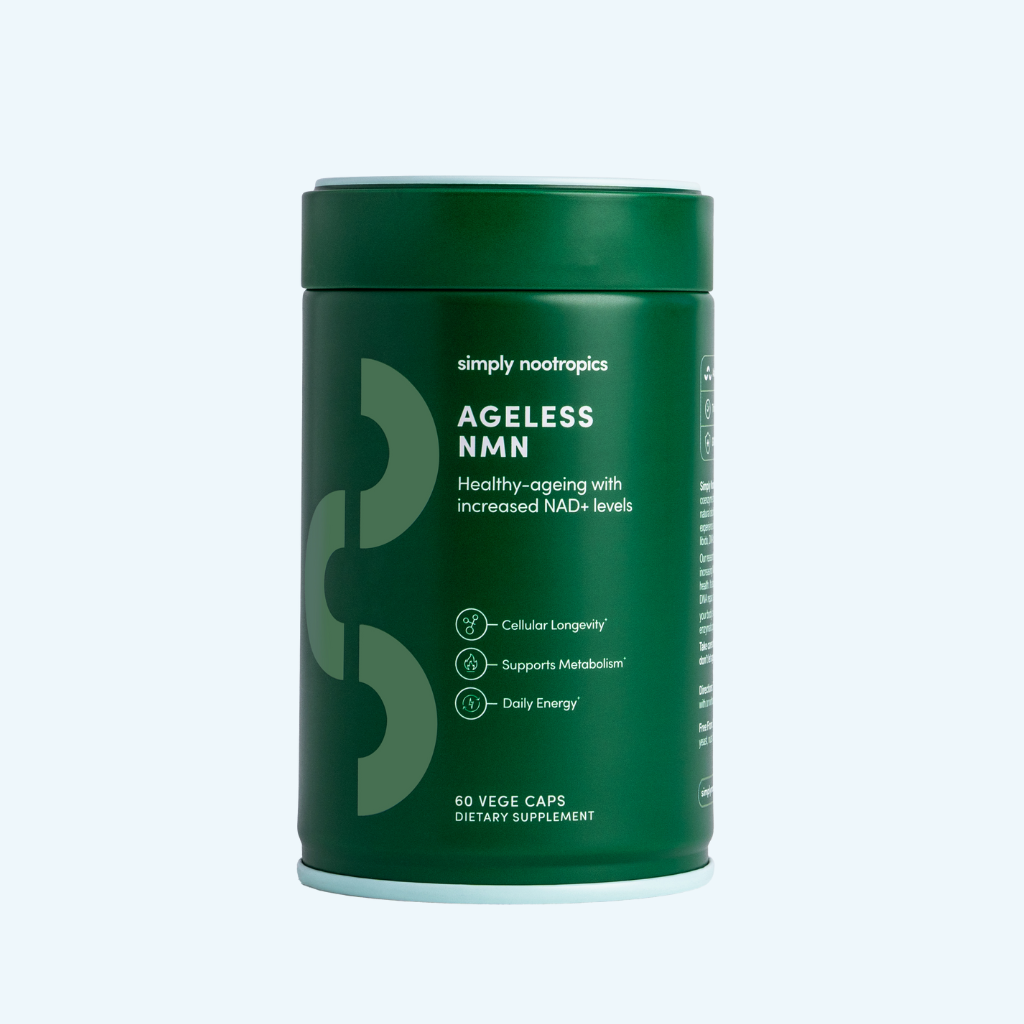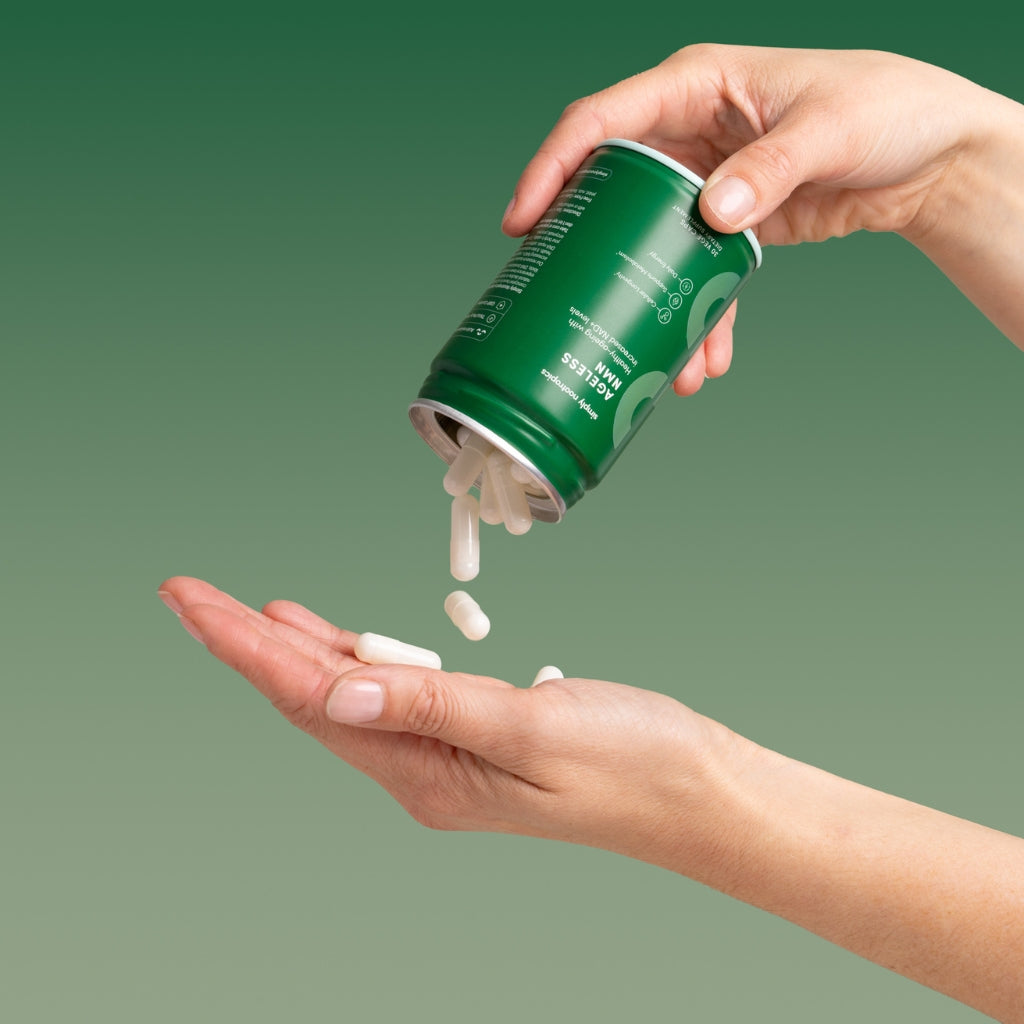It’s not just us: famous people around the world are stressing the importance of NMN supplementation, which, with its 10+ human clinical studies, has proved not only to be safe but also extremely effective. NMN replenishes NAD+ levels that decline as we age, making it possible for our bodies to regenerate cells and power mitochondria. Aside from its impact on longevity, this NAD+ booster is well-known for providing energy, enhancing cognitive function, and even aiding in skin repair.
It’s not difficult to understand why the allure of this supplement has reached the fashion and beauty industry. In an industry where youth and vitality are prized, celebrities and public figures are often under pressure to maintain their appearance and performance well into middle age and beyond. NAD+ products offer an effective solution to combat the effects of ageing from the inside out, promising improved energy levels, cognitive function, and overall well-being.
As we've explained in this blog post, celebrities are loving it. But it’s not just Kendall Jenner who’s enjoying the benefits of this powerful NAD+ precursor supplement. NMN has also caught the attention of scientists and health enthusiasts alike, including some notable names in the field of longevity research such as David Sinclair and Andrew Huberman.
Who Are David Sinclair and Andrew Huberman?
David Sinclair is a renowned geneticist and professor at Harvard Medical School. He is well-known for his groundbreaking research on ageing and longevity, particularly in the field of anti-aging interventions. Sinclair has authored numerous scientific papers and books, including "Lifespan: Why We Age—and Why We Don't Have To," where he explores strategies for extending human healthspan and lifespan.
Andrew Huberman is a prominent neuroscientist and professor at Stanford University School of Medicine. His research focuses on understanding the neural circuits underlying vision and behaviour. Huberman is also the host of the popular Huberman Lab podcast, where he discusses science-based tools for everyday life, covering topics ranging from neuroscience to psychology and health optimization.
Why and How Much NMN Do They Take?
With a regimen carefully curated from his extensive knowledge of ageing research, Sinclair doesn't just preach longevity – he practises it. And even though he is 54 years old, according to his biological age he’s 10 years younger. That’s thanks to his well-thought wellness routine, which compromises NMN, “the immediate precursor to NAD+”.
This is how Sinclair describes what the NAD+ booster does: “If you give a cell NMN, it will be taken up by a transporter… and it’s then converted in one step to NAD+ in the cell… That step is carried out by an enzyme called NAMPT, which goes up under stress and calorie restriction.” Sinclair's perspective on the recommended dosage of NMN is particularly intriguing: he opts for a daily intake of 1 gram, believing that this quantity yields optimal benefits.
Similarly, Andrew Huberman, known for his research in neurobiology and ophthalmology, incorporates this NAD+ precursor supplement into his daily routine. He too takes 1 to 2 grams of NMN as sublingual powder to maximise its effects. His protocol, carefully timed to coincide with his waking hours and meal schedule, aims to maintain youthful energy levels. The NMN dosage also catches attention for going beyond what's typically found in supplements. Huberman's confidence in this higher quantity shows that he's found it to be the most effective for his needs, reflecting his dedication to maximising its benefits for his health and well-being.
However, Huberman's journey extends beyond oral supplementation. He has explored NAD+ intravenous (IV) drip therapy, albeit finding the experience uncomfortable. Despite the discomfort of NAD+ therapy, Huberman notes improvements in sleep quality and vigour following the infusions, particularly after bouts of illness-induced fatigue.
What Else Is Part of Their Wellness Routine?
In addition to his supplement regimen, David Sinclair also incorporates intermittent fasting and calorie reduction into his wellness routine. He follows the OMAD protocol, which stands for One-Meal-A-Day, alternating between periods of eating and fasting. Sinclair finds that taking nutritional supplements in the morning does not interfere with his fasting routine.
Sinclair also likes to maintain an active lifestyle, integrating regular physical activity and exercise into his daily wellness routine. For example, he keeps a small stepper hidden under his desk in his office and uses it regularly to stay active throughout the day. A healthy diet is also a key component of Sinclair's wellness regimen. He prioritises a balanced diet rich in fruits, vegetables, whole grains, healthy fats, and lean protein to ensure his body receives the necessary nutrients to support the ageing process, especially during fasting periods.
Same for Huberman, who also doesn’t hold back on his wellness routine, advocating for starting the day with exposure to 10 minutes of morning sunlight, which helps regulate the circadian rhythm and enhances alertness. He also emphasises the importance of hydration upon waking and suggests delaying caffeine intake for about 90 to 120 minutes to optimise energy levels throughout the day.
Exercise plays a crucial role in Huberman's wellness routine, with alternating cardio and weight training sessions each morning. This combination not only enhances physical fitness but also contributes to mental performance and clarity. Following his workout, the neuroscientist also dedicates a 90-minute session to a blend of meditation and focused work, essential for maintaining mental clarity and cognitive function. He then recommends a brief rest or hypnosis session after lunch, lasting between 10 to 30 minutes, to enhance neuroplasticity and facilitate faster learning. To further support the circadian rhythm, Huberman advises spending an additional 10 to 15 minutes in the late afternoon or early evening sunlight. This practice helps reinforce the body's internal clock and promotes overall well-being.
So, if scientists and professors are all hopping on the NMN train, why not join them? With growing research backing its benefits and endorsement from notable figures, this NAD+ booster is becoming increasingly popular for enhancing well-being. If you're aiming for the cognitive perks enjoyed by neuroscientists like Andrew Huberman and David Sinclair, consider giving Simply Nootropics’ NMN Powder a try. It's the not-so-secret ingredient to boost your cognitive function and support your overall health.

